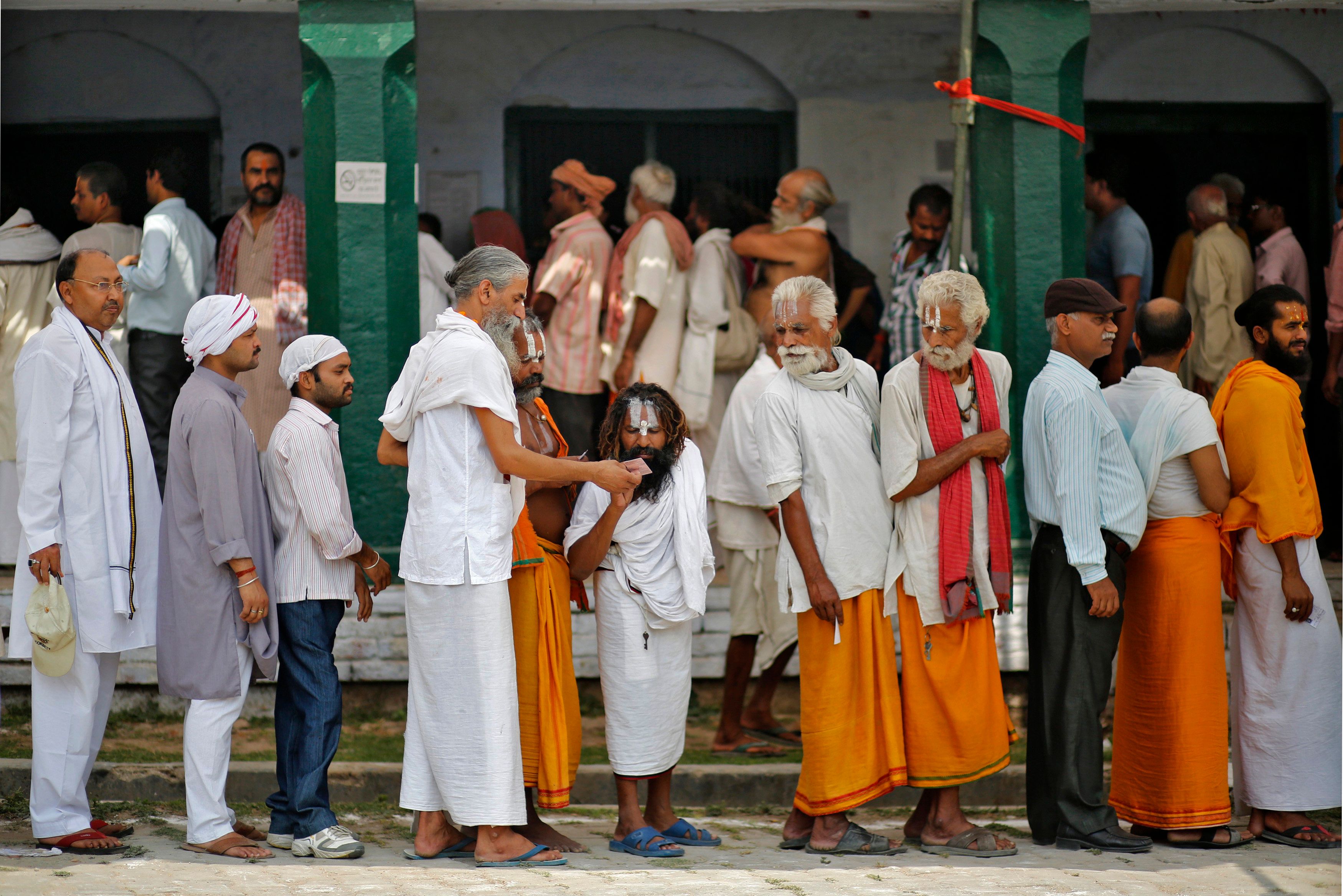Over the next 11 weeks, there will be eight important elections globally covering populations of more than 2.2 billion people.
Here's what you need to know:
Thailand – A Restoration of (Limited) Democracy (March 24)
This will be the first national vote since the military seized power in 2014, but it isn't quite an open election. Some 500 representatives to the lower house will be directly elected. But the military will appoint all 250 members of parliament's upper house, and the upper and lower houses together will elect the new prime minister. That ensures the military will have a big say in the outcome.
Ukraine – The Joker's Wild (March 31, with a likely second round on April 21)
Even before President Petro Poroshenko found himself contending with fresh corruption accusations against some of his associates, he was already facing a tough reelection challenge from former prime minister Yuliya Tymoshenko and comedian Volodymyr Zelenskiy, who plays a fictional Ukrainian president on TV. For now, Zelenskiy, the wildcard in this deck, leads in the polls. Vladimir Putin will be watching very, very, very closely.
Turkey: Erdogan in Decline? (March 31)
Things haven't been going President Erdogan's way. Turkey is in recession, relations with Washington and other NATO allies are rocky, and his adventures in Syria haven't gone well. Fears for his domestic political strength led him to invite an ultranationalist party to join his Justice and Development Party in an informal alliance ahead of elections later this month. These are local races, but his party could lose control of government in both Istanbul and Ankara. Given that nearly three-quarters of Turkey's citizens now live in cities, that would be a sure sign of trouble for Turkey's strongman.
Israel: Bibi's Toughest Test (April 9)
Benjamin Netanyahu is one win away from surpassing founding father David Ben-Gurion as Israel's longest-serving prime minister. But with corruption indictments hanging over his head and a unified opposition led by his former army chief of staff, Benny Gantz, Netanyahu will face an exceptionally tough test. His ally and friend Donald Trump will help burnish his image with an invitation to the White House in the days before the vote.
Indonesia: The Outlier Election (April 17)
A popular incumbent president is cruising toward easy re-election. When was the last time we could write that about any major country in the world? But Indonesia, the world's largest predominantly Muslim country, is a relative success story, and President Joko Widodo (known as Jokowi) is widely expected to coast past former Army General Prabowo Subianto next month. Jokowi's personal popularity, modest progress on health, education, and infrastructure reforms, and his decision to blunt attacks by religious conservatives by choosing an Islamist vice presidential running mate should bring him first across the finish line.
Spain: Redrawing the Map (April 28)
Economic growth is up, and unemployment is down. But Catalan separatist pressures continue, the number of migrants entering Spain has risen, and a polling surge for the nationalist, populist, Euroskeptic Vox Party has shifted the ground underneath Spanish politics. The risk here is of further political fragmentation in a country that's recovered relatively well from its debt crisis and, until recently, avoided the populism roiling politics elsewhere in the EU.
India: The Modi Majority at Risk (April 11 – May 19)
Across the world's most diverse country, some 900 million people are eligible to vote in this seven-phase parliamentary election over 39 days. Some voters will treat this contest as a referendum on Prime Minister Narendra Modi and his Bharatiya Janata Party. Others will be influenced more by local issues. No one in India can compete with Modi's political stature, but India's strong growth rates have benefitted some far more than others. The question: Can the BJP win another majority, or will it need partners to govern?
European Parliament: Can Populists Work Together? (May 23-26)
Populists within Italy's Lega, Poland's PiS, France's Rassemblement National, the Netherlands' Freedom Party, and Austria's Freedom Party are hoping to up their seat count in the European Parliament to challenge mainstream center-right and center-left alliances on immigration, trade, EU rules, and other issues. But can they work together? There are big differences among them on how to share the burdens of hosting migrants and policy toward Russia, for example.
